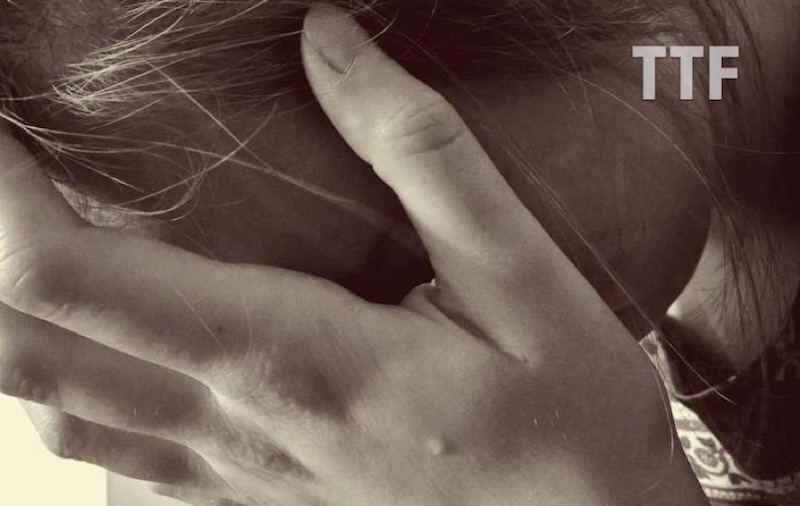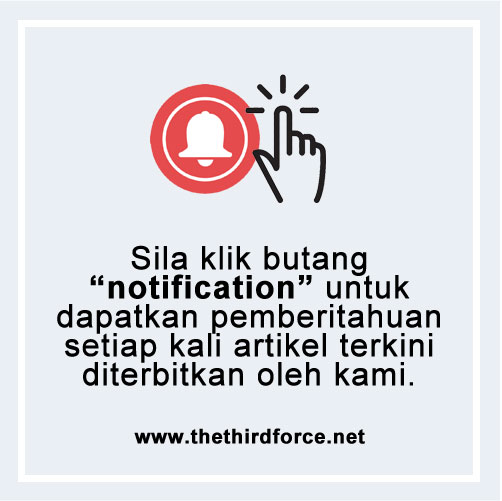
The Singaporean government has amended its laws to decriminalise attempted suicide and treat marital rape as a crime, starting next year.
Its Ministry of Home Affairs (MHA) and the Ministry of Law (MinLaw), stated that these legislation will come into effect on Jan 1, 2020, as part of the Criminal Law Reform Act which was passed in Parliament back in May.
However, they pointed out that abetment of suicide or abetment of attempted suicide will continue to be a crime.
In October, the Malaysian government said it was studying ways to decriminalise suicide attempts in a bid to address a rise in such cases nationwide.

PETALING JAYA: The Singaporean government has amended its laws to decriminalise attempted suicide and treat marital rape as a crime, starting next year.
Its Ministry of Home Affairs (MHA) and the Ministry of Law (MinLaw), stated that these legislation will come into effect on Jan 1, 2020, as part of the Criminal Law Reform Act which was passed in Parliament back in May.
Currently in Singapore, under Section 309 of the Penal Code, whoever attempts to commit suicide are liable to imprisonment for up to one year, or fine, or both.
They noted that as attempted suicide will be decriminalised, the Police Force Act and Mental Health (Care and Treatment) Act have also been amended to empower police officers to intervene in cases of attempted suicide to prevent injury or the loss of life.
However, they pointed out that abetment of suicide or abetment of attempted suicide will continue to be a crime.
Meanwhile, they said that as marital immunity for rape is fully repealed, it will ensure that all women are protected from sexual abuse.
“Sexual relations in any relationship should be based on mutual consent,” they said in a joint statement on Friday (Dec 27).
Other legislation changes which will take effect next year will also include the criminalisation of sexual offences such as voyeurism, the distribution of intimate images without consent, and “cyber flashing” which have occurred due to the advances of technology.
They noted that the making, distribution, possession of, and access to, voyeuristic recordings or intimate images as well as the distribution of, or threat, to distribute intimate images or recordings will be criminalised.
They added that the non-consensual exposure of genitals, whether in the physical or in a virtual space will also be a crime.
In addition, the act of “doxxing” will now too be criminalised following amendments to the Protection from Harassment (Amendment) Act.
“A new offence was introduced to criminalise the publication of personally identifiable information (e.g. photographs, contact numbers, addresses or employment details) with the intention of harassing, threatening or facilitating violence against the person.
“The intention or knowledge of the person posting the information is key to the offence. The new offence does not stop people from legitimately sharing information, such as posting videos of an incident to give a factual account of the incident, or to seek help identifying the perpetrators of crimes,” they said.
In October, the Malaysian government said it was studying ways to decriminalise suicide attempts in a bid to address a rise in such cases nationwide.
Deputy Prime Minister Datuk Seri Dr Wan Azizah Wan Ismail said she and Health Minister Datuk Seri Dr Dzulkefly Ahmad had stressed upon the need for the government to review Section 309 of the Penal Code, which deals with attempts to commit suicide.
As for marital rape, Malaysia’s rape law currently excludes married couples.
Source:



